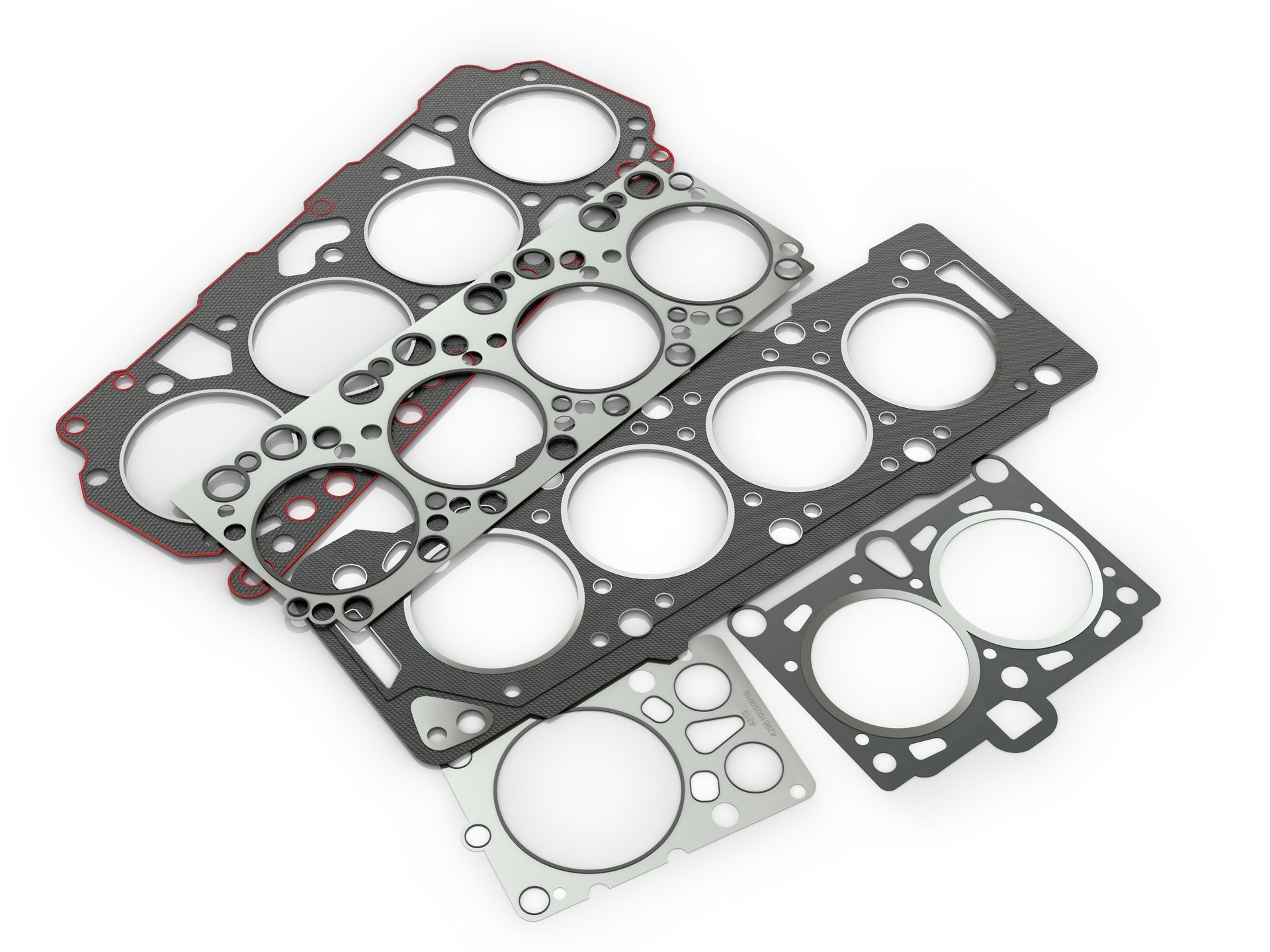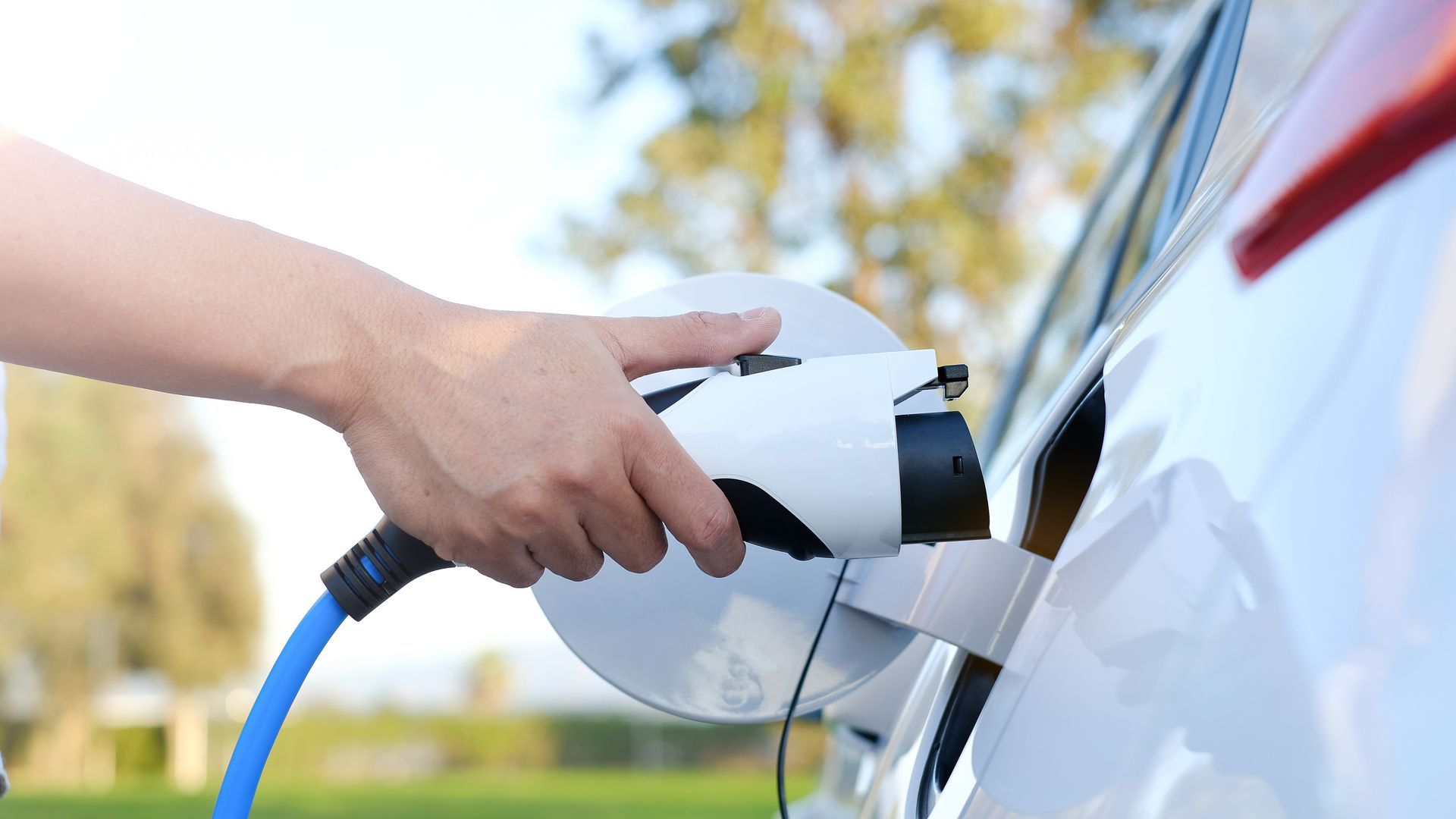Occoquan Exxon
Loading ...
Missing business hours data / Error occurred while getting the data.
Dale City Exxon
Loading ...
Missing business hours data / Error occurred while getting the data.
Elden Street Sunoco

Loading ...
Missing business hours data / Error occurred while getting the data.
Smoketown Exxon
Loading ...
Missing business hours data / Error occurred while getting the data.
Sugarland Shell

Loading ...
Missing business hours data / Error occurred while getting the data.
Countryside Service Center

Loading ...
Missing business hours data / Error occurred while getting the data.
Loading ...
Missing business hours data / Error occurred while getting the data.
Loading ...
Missing business hours data / Error occurred while getting the data.

Loading ...
Missing business hours data / Error occurred while getting the data.
Loading ...
Missing business hours data / Error occurred while getting the data.

Loading ...
Missing business hours data / Error occurred while getting the data.
Loading ...
Missing business hours data / Error occurred while getting the data.

Oil Viscosity Ratings Explain & How To Choose The Right One
Oil Viscosity Ratings Explain & How To Choose The Right One
Are you puzzled by the numbers and letters on oil bottles? Choosing the right oil viscosity rating is crucial for your vehicle's engine health and performance. Let's explain oil viscosity ratings and learn how to select the perfect one for your car.
What Are Oil Viscosity Ratings?
Oil viscosity ratings, often seen as something like "5W-30" or "10W-40," indicate the oil's thickness or resistance to flow at different temperatures. The first number (e.g., 5W) represents the oil's viscosity in cold temperatures, while the second number (e.g., 30) indicates its viscosity at operating temperature.
Cold vs. Operating Temperatures
The "W" stands for winter, indicating the oil's flow characteristics in cold weather. A lower number before the "W" indicates better cold-weather performance. The second number represents the oil's viscosity at operating temperature. Higher numbers indicate thicker oil, which can provide better protection under high temperatures and heavy loads.
Choosing the Right Oil Viscosity: Factors to Consider
Manufacturer Recommendations
Consult your vehicle owner's manual for the manufacturer's recommended oil viscosity for your specific make and model. Using the suggested viscosity ensures optimal engine performance and longevity.
Climate and Temperature
Consider the climate and typical temperature range in your area. If you live in a cold climate, a lower viscosity oil (e.g., 5W) may provide better cold-start performance and engine protection. Conversely, a higher viscosity oil (e.g., 10W-40) may be more suitable in hot climates or for heavy-duty applications.
Driving Conditions
Your driving habits and conditions can also influence oil viscosity selection. If you frequently tow heavy loads, drive in stop-and-go traffic, or subject your vehicle to high temperatures, a higher viscosity oil may be necessary to provide adequate protection and lubrication.
Engine Age and Condition
Older engines or those with high mileage may benefit from thicker oil to compensate for worn internal components and reduce oil consumption. Conversely, newer engines with tighter tolerances may require lighter viscosity oils for optimal performance.
What Happens If You Choose the Wrong Oil Viscosity for Your Car?
Choosing the wrong oil viscosity for your car can have detrimental effects on engine performance and longevity. Using oil that is too thick (high viscosity) in cold weather can result in poor lubrication during startup, leading to increased engine wear and potential damage.
Using oil that is too thin (low viscosity) in hot conditions may not provide adequate protection against friction and heat, resulting in accelerated wear and decreased engine life.
Do you have any other oil-related questions or concerns? The team at Occoquan Exxon might be able to help! Give us a call, and we will be happy to assist!
Elden Street Sunoco
Occoquan Exxon
Sugarland Shell
Having trouble finding us?
Occoquan Exxon
Loading ...
Missing business hours data / Error occurred while getting the data.

Sugarland Shell
Loading ...
Missing business hours data / Error occurred while getting the data.

Elden Street Sunoco
Loading ...
Missing business hours data / Error occurred while getting the data.
Dale City Exxon
Loading ...
Missing business hours data / Error occurred while getting the data.
Smoketown Exxon
Loading ...
Missing business hours data / Error occurred while getting the data.

Countryside Service Center
Loading ...
Missing business hours data / Error occurred while getting the data.
Loading ...
Missing nap lines data / Error occured while getting the data.







